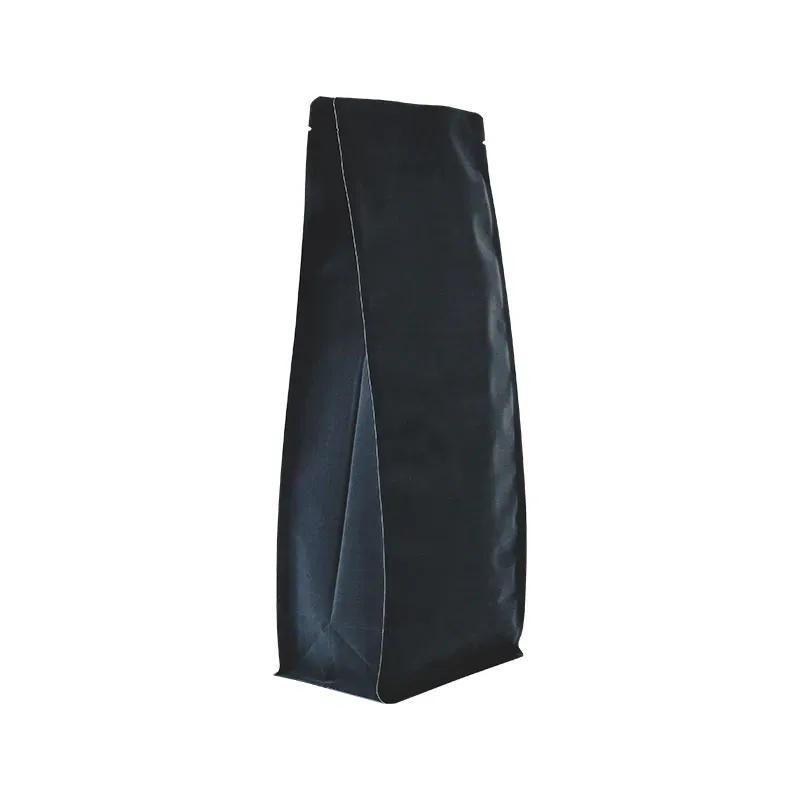The Decomposition Timeline of Paper Bags in Environmental Conditions
How Long Does a Paper Bag Take to Decompose?
In today’s environmentally conscious society, people are increasingly aware of the impact their choices have on the planet. One area of focus has been the use of disposable bags. Among these, paper bags are often considered a more eco-friendly alternative to their plastic counterparts. But how long does a paper bag take to decompose, and what does that mean for the environment?
First, it is essential to understand what decomposition means in this context. Decomposition is the process by which organic materials break down into simpler substances, eventually returning to the earth. The rate at which this occurs can be affected by several factors, including the material of the bag, environmental conditions, and the presence of microorganisms.
Paper bags are made from natural fibers derived from trees, which allows them to decompose relatively quickly compared to plastic bags. On average, a paper bag takes about one month to six months to decompose in a natural environment. This timeline can vary depending on specific conditions such as humidity, temperature, and exposure to sunlight. In a composting facility, where conditions are optimized for decomposition, paper bags can break down even faster, potentially within a few weeks.
The quicker decomposition of paper bags over plastic is one of the reasons why they are often promoted as a greener choice. Plastic bags, on the other hand, can take hundreds of years to decompose, if they decompose at all. Instead of breaking down, plastic often photodegrades, fragmenting into smaller and smaller pieces known as microplastics, which can persist indefinitely in the environment and pose significant hazards to wildlife and ecosystems.
how long does a paper bag take to decompose

However, while paper bags decompose faster, their environmental impact is not entirely negligible. The production of paper bags requires trees to be cut down, which can lead to deforestation and habitat loss. Additionally, manufacturing paper involves significant energy consumption and water usage, along with the potential for pollution from the chemicals used in the papermaking process.
Furthermore, the compostability of paper bags depends largely on how they are disposed of after use. If a paper bag ends up in a landfill rather than a composting facility, the conditions for decomposition may not be ideal, potentially leading to a more prolonged breakdown process. Landfills are often anaerobic environments, meaning there is little to no oxygen present. This can slow down the decomposition process, meaning that even though paper is a natural product, its effects can be mitigated by improper disposal.
Moreover, it is important to consider the frequency of use. A reusable bag, whether made from cloth or another sustainable material, can be used hundreds of times and replaces the need for single-use paper or plastic bags. Research suggests that a reusable bag can offset the environmental impact of using disposable bags when used frequently enough.
In conclusion, the decomposition of paper bags occurs faster than that of plastic bags, typically taking one to six months in favorable conditions. While they are a better alternative than plastic regarding decomposition time, it is crucial to consider the entire lifecycle of the bag from production to disposal. To truly minimize environmental impact, adopting reusable bags is encouraged as the most sustainable choice. By being mindful of our consumption patterns and opting for eco-friendly practices, we can contribute to a healthier planet and ensure that future generations inherit a more sustainable world.













